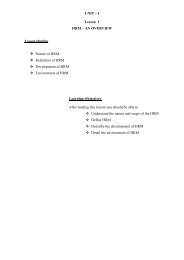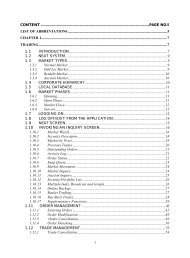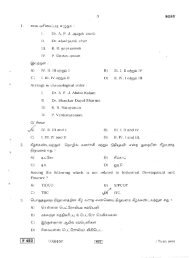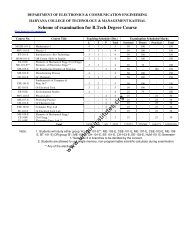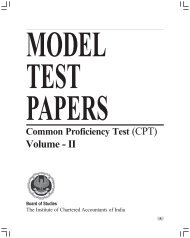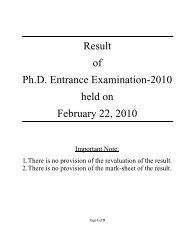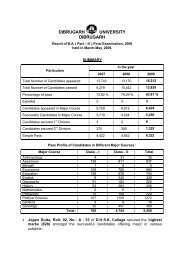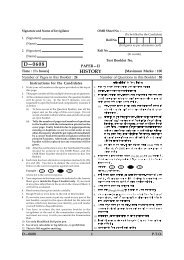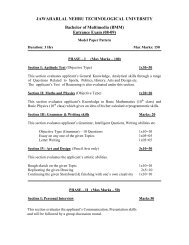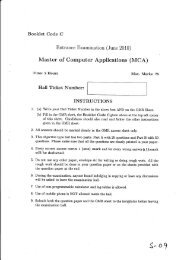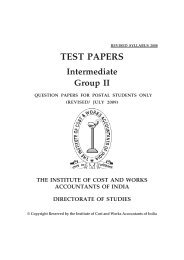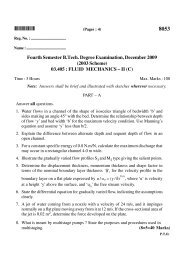Document file:///D|/Export1/www.netlibrary.com/nlreader/nlreader.dll ...
Document file:///D|/Export1/www.netlibrary.com/nlreader/nlreader.dll ...
Document file:///D|/Export1/www.netlibrary.com/nlreader/nlreader.dll ...
You also want an ePaper? Increase the reach of your titles
YUMPU automatically turns print PDFs into web optimized ePapers that Google loves.
<strong>Document</strong><br />
Page 74<br />
vociferous critics of economic models are often politically motivated. They have very strong ideas<br />
about what they want to believe; their convictions are essentially driven by values rather than analysis,<br />
but when an analysis threatens those beliefs they prefer to attack its assumptions rather than examine<br />
the basis for their own beliefs.<br />
Still, there are more creditable reasons for disliking economic modeling, or at least the kind of models<br />
that make up mainstream economics. To many intelligent people the whole tone of economics seems<br />
strange and off-putting. On one side, there seems to be a near-total lack of social or psychological<br />
texture economists are notoriously uninterested in how people actually think or feel. On the other side,<br />
there is what appears to most people to be a bristling mathematical <strong>com</strong>plexity, with its ac<strong>com</strong>panying<br />
strange jargon. Even someone who can accept that a dishpan tells us something about global weather<br />
may be totally unconvinced that a set of equations tells us anything useful about the global economy.<br />
There is a significant group of intellectuals who regard the whole mainstream tradition in economics as<br />
a kind of aberration, which will eventually be discarded; who regard all of us as, in the words of John<br />
Kenneth Galbraith, a ''failed profession."<br />
As you might guess, of course, I do not share that view. In fact, I would claim that the very things in the<br />
tradition of economics that most repel the layman are its greatest virtues. Economics is marked by a<br />
startling crudeness in the way it thinks about individuals and their motivations, yet it builds a huge<br />
structure on the basis of these simplistic foundations. Is this naive? No: it is in fact tremendously<br />
sophisticated.<br />
At base, mainstream economic theory rests on two observations: obvious opportunities for gain are<br />
rarely left unexploited, and things add up. (Or as I sometimes put it,<br />
<strong>file</strong>:///<strong>D|</strong>/Export2/<strong>www</strong>.<strong>netlibrary</strong>.<strong>com</strong>/<strong>nlreader</strong>/<strong>nlreader</strong>.<strong>dll</strong>@bookid=409&<strong>file</strong>name=page_74.html [4/18/2007 10:30:32 AM]



